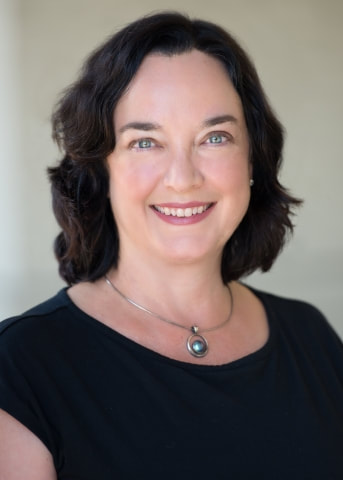 Sarah Hanawald Sarah Hanawald How does your institution define “success” when thinking about alumni? For independent schools, one measure is that we’ve prepared young people for lives filled with learning long after they’ve departed from our classrooms. Let’s make that more clear than ever this year. Spring 2021 has added college admission results to the ever-growing list of “things that are unsettling this year.” While no independent school leader can ever promise certainty around any particular admission result, most of our schools have prided themselves on providing guidance to families to help them navigate the college search–apply–choose process with as much integrity and confidence as possible. Not this year. In our interview last fall with Emmi Harward, she revealed that the upcoming admissions season looked to be as disrupted as the other aspects of our lives have been. She was right… and our seniors and their families are feeling confused in the midst of a process in which college officials have changed their minds, universities have reversed course, and ancillary services such as test sites have closed without notice. College counselors have shared information gleaned from the latest bulletin from a highly selective college with confidence only to find out in the next week that the situation has changed dramatically. Families are understandably confused and concerned. The landscape for next year remains murky as well. It is, in fact, an opportunity for a college preparatory institution to rise to the occasion and lean into our purpose, with emphasis. We are college preparatory institutions, not 4, 8, or 13-year college admission establishments. When we have prepared students well for college, they thrive where they land, even in this most difficult year. In his insightful and inspirational book: What the Best College Students Do, Kenneth Bain, currently President of the Best Teachers Institute, a past university provost, and the founder of several schools makes(1) it clear that the “best” students aren’t those with the highest grades (although they might have stellar grades). Instead, they are the students who approach their college years with intention and embrace higher education as an opportunity to learn how to fulfill their purpose. Bain says clearly that “the ‘best’ students are curious risk-takers who make connections across disciplines.” They seek to understand concepts rather than memorize procedures and steps. Curious risk takers? Yes, please! Interdisciplinary thinkers? Absolutely. When we’re at our best in independent schools, this is exactly what we do. Our students are ready to be the best college students they can, not because they’ve collected a few high-end course credits or grade point average bumps by taking our hardest classes, but because they’ve participated in the projects that required writing and rewriting. They’ve had the hands-on lab experiences and engaged in the experiential learning their teachers proudly present about at conferences. They are, in fact, far more complex than a traditional transcript can possibly tell any reader. What we can do for our students as they leave us is strive to make more visible what we’ve always done in our quieter moments, between the awards ceremonies and the grand marches. Last year we were forced to swap pomp and circumstance for a focus on the graduates themselves and the real meaning of “commencement”: a moment for launching strong, courageous, curious, and resilient young people into a complicated world. Whether they’re driving past us and receiving diplomas through a car window or walking across a stage, we are filled with gratitude for the relationships with the wonderful young people who have been entrusted to us and for the challenges they have offered that have brought out the best in ourselves. On a personal level, teachers, advisors, mentors, and coaches have let these nascent adults know, “You’re ready,” “You got this,” and, most importantly, “You’re worthy.” Let’s vow to ourselves that we will assure these young people that they are indeed ready and that they are equipped with all they need to become the best versions of themselves. (1) The Center for Teaching Excellence at New York University, Searle Center for Teaching Excellence at Northwestern University, Center for Teaching at Vanderbilt University, and the Research Academy for University Learning at Montclair University.
0 Comments
Leave a Reply. |
Don't miss our weekly blog posts by joining our newsletter mailing list below:AuthorsBrad Rathgeber (he/him/his) Archives
July 2024
Categories |

 RSS Feed
RSS Feed